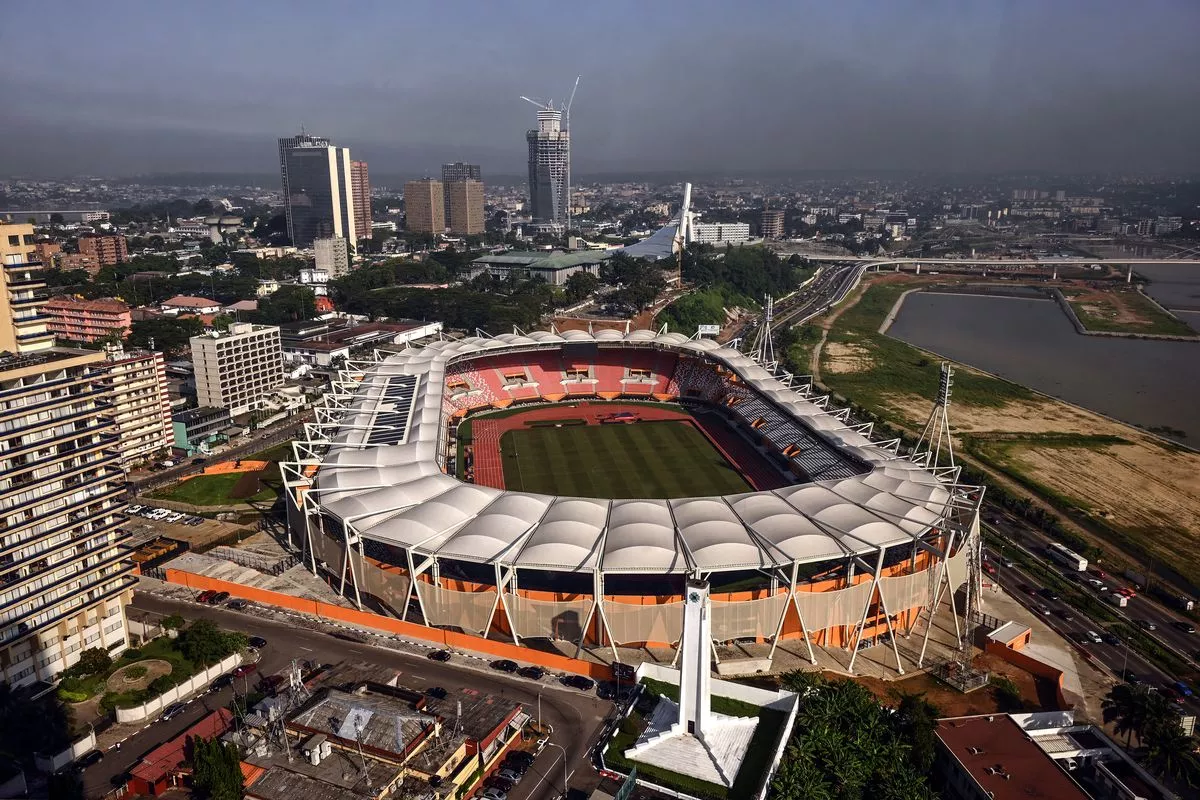
African Cup of Nations kicks off in Ivory Coast on January 13, with Mohamed Salah ’s Egypt hoping to avenge their defeat on penalties to Sadio Mane’s Senegal two years ago. It is a prestigious tournament which brings together 24 teams from across the diverse continent to compete every two years.
But it is also a competition which actively promotes fossil fuels, despite Africa being one of the areas affected most by climate change. TotalEnergies signed an eight-year partnership with the Confederation of African Football back in 2016 to turn the tournament, officially at least, into TotalEnergies AFCON.
That is a slap in the face for many, who lament the way the French oil company can launder its image through football. TotalEnergies is the world’s fifth largest oil company and has been ranked as the 17th biggest emitter of greenhouse gas globally since 1965.
Despite committing to become net zero by 2050, 85 per cent of its energy sales will still be in oil and gas by 2030.
Among other things, TotalEnergies is actively expanding its fossil fuel business and is accused of doing untold damage – displacing communities, affecting water sources and endangering wildlife – by constructing the East African Crude Oil Pipeline (EACOP) through Uganda and Tanzania. It will involve the release of global heating gases which amount to more than 25 times the current annual emissions of Uganda and Tanzania combined.
Meanwhile, Human Rights Watch say those campaigning against the pipeline have been intimidated and arrested.
This is where AFCON comes in as a way for TotalEnergies to sportswash by linking itself to some of the world’s most famous players. And that is why a collection of campaigners have come together to highlight the hypocrisy and demand change.
“Sport can be a transformative driver of change. Total understands this, and has exploited this to sanitise their image,” Greenpeace Africa campaigner Thandile Chinyavanhu said. “Total’s destructive business model is driving ecological and economic decline at the expense of people. If Total truly loved football they would not continue with a business model that destroys the livelihoods of the people they claim to empower.”
Samm Farai Monro, co-founder of Kick Polluters Out, who have launched a social media campaign against TotalEnergies, added: “How can Total say they are aiming to be net zero when they are setting our continent on fire? It’s time to show Total Energies the red card because there can be no football on a dead continent.”
Michael Hardy, a director at Game Changer, said: “Football is saturated in oil. Fossil fuel giants are given free rein to use the sports and tournaments we love as giant advertising billboards to greenwash their image. As Total tops the table for new oil and gas exploration in Africa they’re allowed to continue to launder their reputation as AFCON’s title sponsor. This cannot go on.”
Writer and campaigner David Goldblatt believes that football needs to regulate its sponsors and kick out fossil fuel companies, much like in the way promoting tobacco was stopped.
“It continues because there is no regulation,” he says. “If we are waiting for leagues and clubs to take a real stand we will be here until everyone’s stadium are underwater or flooded beyond repair. Fossil fuels need to be banned from sponsorship by law.”
He adds, “The comparison here should be tobacco. Despite all the wailing and simpering and prevaricating from the sports industry, it has survived just fine without tobacco money. The same is true of gambling money and fossil fuel money. Both industries are profiteering from other people’s hurt. Eventually even the sports industry comes to see this and then they will be rightly removed from the sports world.”
- A Tell / Mirror report











